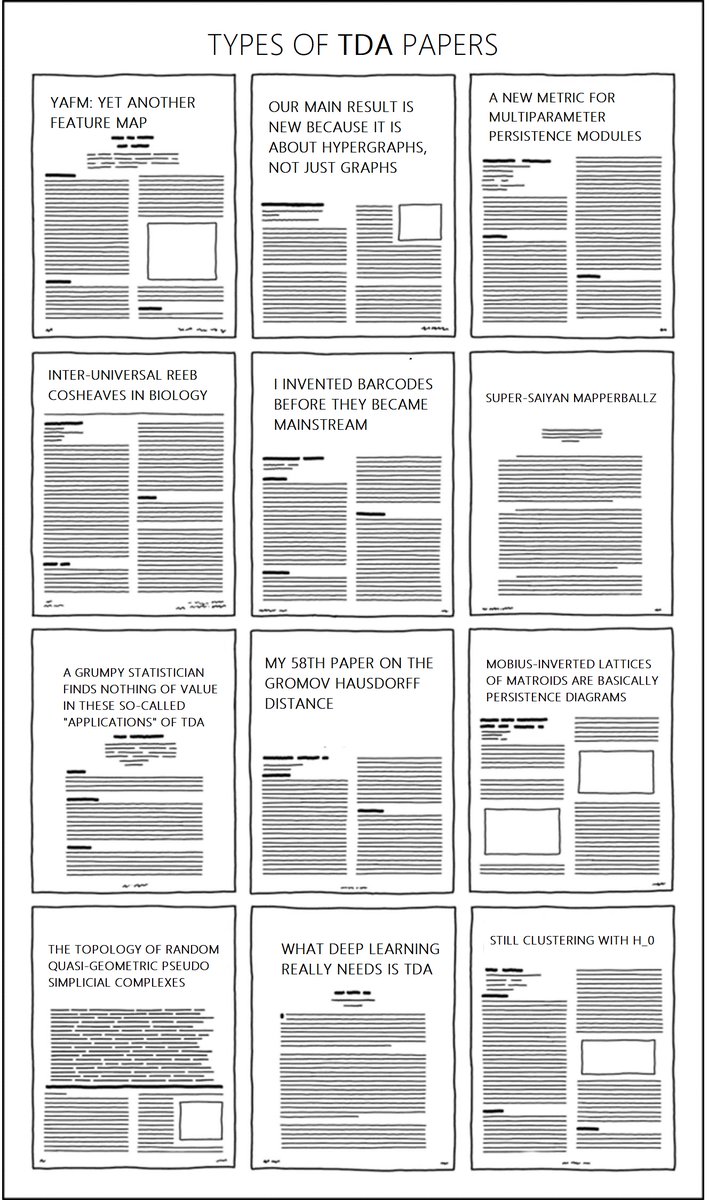
Aaron Havens
@aaronjhavens
Followers
294
Following
4K
Media
9
Statuses
52
PhD student at @ECEILLINOIS. Control theory, ML and Autonomy. Previously @AIatMeta, @PreferredNet and @TuSimpleAI
Champaign, IL
Joined April 2011
New paper out with FAIR(+FAIR-Chemistry):. Adjoint Sampling: Highly Scalable Diffusion Samplers via Adjoint Matching. We present a scalable method for sampling from unnormalized densities beyond classical force fields. 📄:
1
18
110
RT @guanhorng_liu: Adjoint-based diffusion samplers have simple & scalable objectives w/o impt weight complication. Like many, though, they….
0
39
0
RT @auhcheng: Excited to share Quetzal, a simple but scalable model for building 3D molecules atom-by-atom. 🐉 Named after Quetzalcoatl, th….
0
31
0
RT @RickyTQChen: Reward-driven algorithms for training dynamical generative models significantly lag behind their data-driven counterparts….
0
6
0
RT @RickyTQChen: We are presenting 3 orals and 1 spotlight at #ICLR2025 on two primary topics:. On generalizing the data-driven flow match….
0
28
0
This work was done during a PhD internship at FAIR NYC, thanks to my amazing supervisors @brandondamos ,.@RickyTQChen and Brian Karrer. Special thanks to our core contributors: @bkmi13.@bingyan4science @xiangfu_ml.@guanhorng_liu (and of course @cdomingoenrich).
0
1
7
RT @RickyTQChen: Want to learn continuous & discrete Flow Matching? We've just released:. 📙 A guide covering Flow Matching basics & advance….
0
160
0
Hi friends. I will be at the NYC FAIR office for the next 6 months as a research scientist intern. I’ll be working on all things control theory x generative modeling under the amazing @brandondamos. Please feel free to reach out if you’re around NYC!.
0
0
28
RT @angelaschoellig: Our review paper on **Safe Learning in Robotics** is out, including open-source code. Wondering how model-driven and d….
0
25
0
(1/6) Happy to share one of the first papers of my PhD which was done last fall: "On Imitation Learning of Linear Control Policies: Enforcing Stability and Robustness Constraints via LMI Conditions" :
arxiv.org
When applying imitation learning techniques to fit a policy from expert demonstrations, one can take advantage of prior stability/robustness assumptions on the expert's policy and incorporate such...
2
1
6






